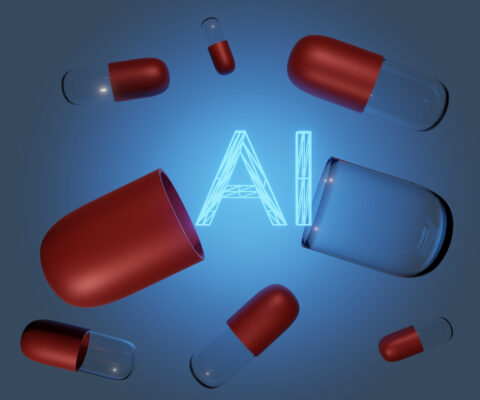In the highly regulated pharmaceutical industry, compliance is not just a requirement; it’s the foundation of trust, safety, and efficacy in drug production. Regulatory bodies worldwide, including the FDA and EMA, mandate exacting standards to ensure that pharmaceutical products are consistently manufactured and controlled according to quality standards. This is where digital Continuous Process Verification (CPV) software, such as Mareana CPV, plays a pivotal role. By leveraging the power of digital technology, pharma manufacturers can not only meet but exceed regulatory compliance standards, ensuring the highest quality of product delivery.
The Crucial Role of CPV in Regulatory Compliance
Continuous Process Verification is a critical element of the Quality by Design (QbD) framework, which is encouraged by regulatory authorities. CPV involves the ongoing verification of the production process and controls to ensure consistent quality during manufacturing. Digital CPV software revolutionizes this verification process, furnishing real-time data analysis, trend monitoring, and alerting functionalities that traditional methods cannot match.
Mareana CPV: Streamlining Compliance Through Digital Innovation
Mareana CPV represents a significant leap forward in ensuring regulatory compliance through digital innovation. Its comprehensive suite of modules is designed to address the multifaceted aspects of pharma manufacturing, from process optimization to quality assurance and regulatory reporting.
CFR Part 11 Compliance and Beyond
Mareana CPV doesn’t just meet but exceeds the stringent requirements stipulated by CFR Part 11, the FDA’s directive on electronic records and signatures. It ensures data integrity, security, and traceability, providing an auditable, compliant environment that significantly simplifies regulatory submissions and inspections.
Automated Data Management and Integrity
Through specialized modules dedicated to automating data extraction, contextualization, and validation, Mareana CPV eliminates the risks associated with manual data handling. This not only enhances data integrity but also ensures that decision-making and regulatory reporting are anchored on accurate and dependable data.
Real-Time Monitoring and Control
The platform’s real-time monitoring and control capabilities allow for immediate identification and correction of deviations from established process parameters, crucial for maintaining compliance and product quality. Automated alerts promptly notify relevant personnel of out-of-specification or out-of-trend results, facilitating swift corrective actions.
Seamless Audit Trails and Documentation
Mareana CPV maintains comprehensive audit trails and provides easy access to historical data, which are essential for regulatory audits and inspections. The software’s reporting module enables the generation of detailed, customized reports that meet regulatory requirements, thereby streamlining the audit readiness process.
Future-Proofing Compliance Efforts
As regulations evolve, Mareana CPV’s flexibility and scalability ensure that pharma manufacturers can adapt quickly to new requirements. Its modules for genealogy, paper batch records, and no-code machine learning (ML) support continuous improvement and innovation while upholding compliance standards.
The Business Impact of Regulatory Compliance
Ensuring regulatory compliance with digital CPV software like Mareana CPV is not just about meeting legal requirements; it’s a strategic investment in the future. Compliance fosters trust among stakeholders, including patients, healthcare providers, and regulatory authorities. It mitigates the risk of costly recalls, legal issues, and reputational damage. Moreover, the efficiencies and insights gained from a digital CPV system can drive operational excellence, product innovation, and market competitiveness.
Conclusion
In the pursuit of regulatory compliance in pharmaceutical manufacturing, digital CPV software offers an unparalleled solution. Mareana CPV, with its expansive capabilities and unwavering commitment to compliance, represents a new era in pharma manufacturing. By adopting such advanced technologies, manufacturers can not only ensure compliance and safeguard patient health but also fortify their position in the global market. The future of pharma manufacturing is digital, and it promises compliance, excellence, and innovation.




 Learn more
Learn more


